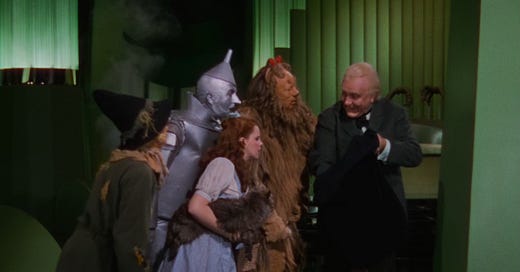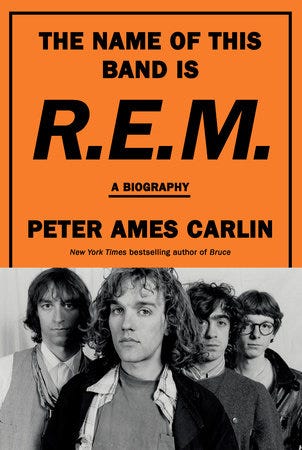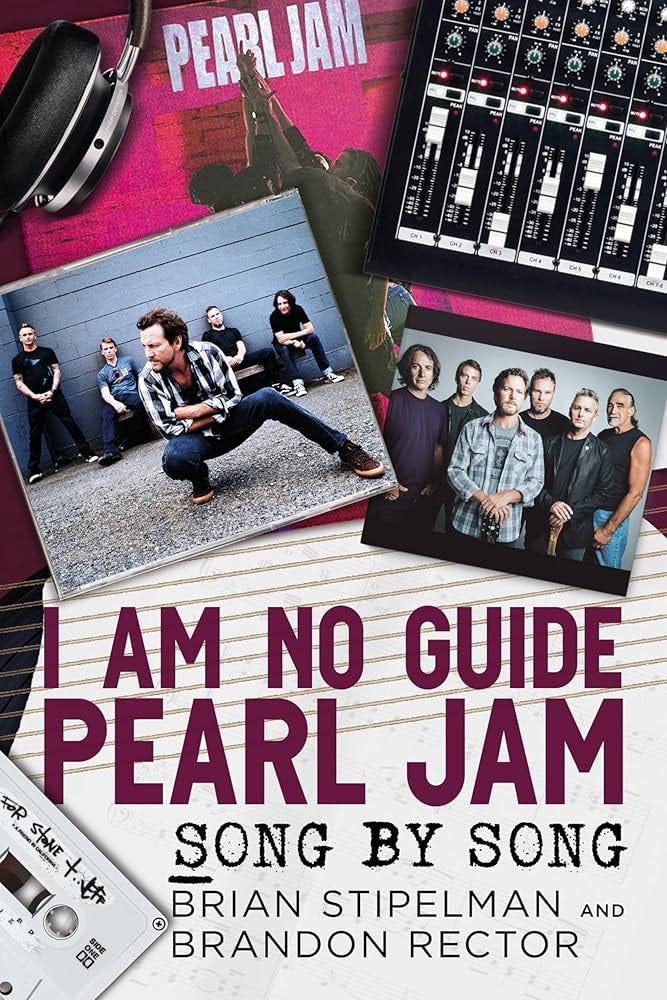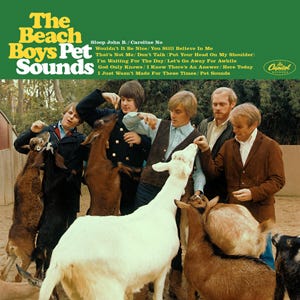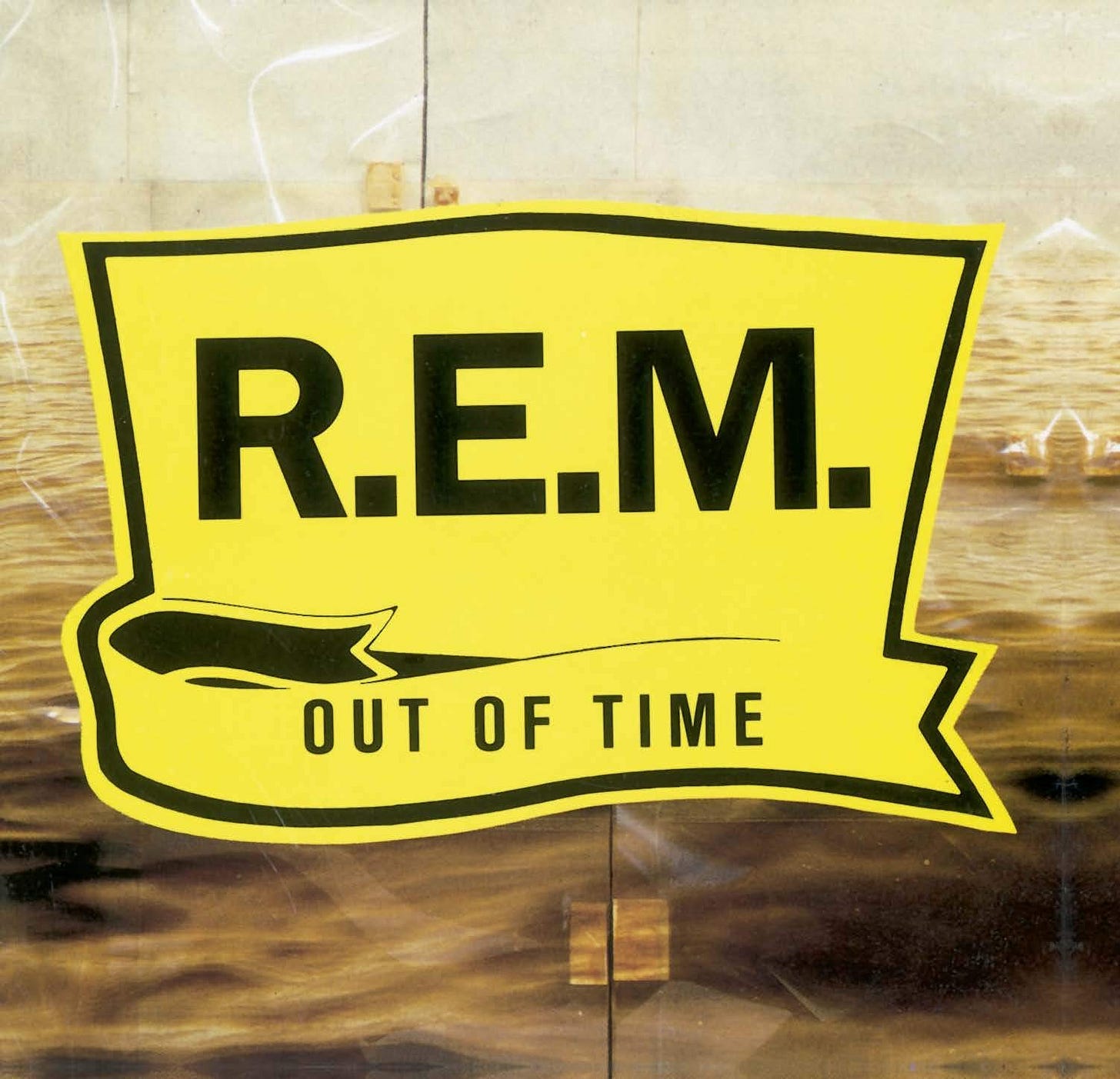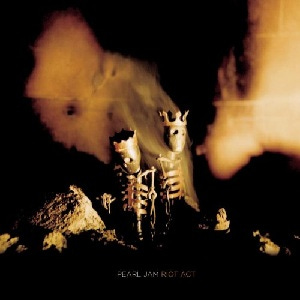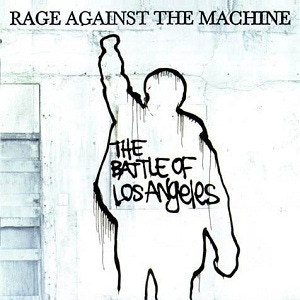We’re traveling this week, I haven’t done one of these in a while, and I have a bunch of things to shout out, so let’s dive in, shall we?
Shaking the Hat
I’m going to start with something I keep forgetting to do - reminding you that if you like or appreciate what I’m doing, and only if you’re willing or able, you can buy me a coffee here.
Moving on…
Books
I’ve been making my way recently through The Name of This Band is R.E.M., Peter Ames Carlin’s biography of the seminal Athens quartet. I’d been wanting to read it since it came out at the end of last year, and finally got the time once my summer schedule pared my work responsibilities somewhat - at least, enough to dedicate the sliver of time between the kids’ bedtime and the imminent sealing of my own eyelids to reading instead of catching up on work. It’s a greatly enjoyable and propulsive read, though it starts moving very quickly after the set up - as the band becomes fully established and starts putting out albums every year, it starts ticking through them one by one every chapter or two. This is understandable, as given the length of the band’s career you’ve got to move quickly unless you want a 1000-page tome, though it does at times result in somewhat of a little surface-level approach (this is somewhat added to by the fact that band clearly had no involvement, and don’t even seem to have granted contemporary interviews).
There are nevertheless some fascinating insights on REM’s place in history and their role in blowing the doors open for idiosyncratic acts on mainstream radio, paving the way for the entirety of the 90s alternative explosion, and the scene-setting around the band’s inception and the overall Athens scene of the 80s is exhilarating. This could be in part because I found myself getting nostalgic for my old stomping grounds as I read those chapters, but there’s also made tangible the sense that multiple factors were coalescing at the right place and the right time. Most inspiring to me, particularly given some of my musings of late, is the degree to which so many of the bands that formed in the wake of the B-52s (the group that really kicked off that scene) weren’t trained musicians - some of them were hobbyists, and some saw music as more or less an art project. This seems to have been fomented by a culture, particularly in the Arts department at UGA, that encouraged avant-garde experimentation and an exploration of the fringes of popular forms of expression. It’s of note, certainly, that REM was the band that had the longest and most successful career. They had the training - no matter how much they played that down and even if it was largely self-actualized - but also the drive, and their songs, while certainly more moody and evocative in the beginning, were aways closer to conventional melodies and chord structures than a lot of their cohorts. Regardless, the picture that Carlin paints of an academic environment in which experimentation was fostered an encouraged, and the tangible artistic results of such a context, was inspiring to read.
I also recently finished I Am No Guide: Pearl Jam Song by Song, by Brian Stipelman and Brandon Rector. An essential read for any serious fan of the band, but also a great in-depth analysis of their music and lyrics for anyone who is curious to know why people are so passionate about this particular group, or perhaps plagued by the question of “What’s the big deal?” When they are not writing about familiar songs in a way that invites you to look at them anew, Stipleman and Rector are putting into perfect words thoughts and emotions that you have had about this band and this music for your whole life. I’ve gotten to know Stipelman somewhat - digitally, at least - as we are both members of the same Discord group, and more than being a relief that I don’t have to lie to him about how much I loved his book, it’s a thrill to have something of a personal connection to such an essential companion to the band’s body of work.
Music
I listened to Pet Sounds all the way through for what may have been the first time last week in the wake of Brian Wilson’s death, and subsequently found myself listening over and over. I remember years ago reading some “Best of All Time” album ranking that placed it at number one and thinking, get the fuck out of here. I mainly knew the Beach Boys as the old doofuses “rocking” with John Stamos, or as the backing music for the van surfing sequence in Teen Wolf - fun enough in doses, but largely silly nonsense. I had no idea at the time of any of the innovations in pop music composition or production that Pet Sounds represented, but as I learned more (and in particular read about how it had inspired Paul McCartney in his conceptualization of Sgt. Pepper), I started to develop a grudging respect for the album. Listening back over the last couple of weeks, it really hit me in a major way - its sophisticated layering of musical elements, its lush and enveloping sounds tinged with a heavy sense of melancholy. It’s a beguiling and haunting record - it feels like watching a sunset in the middle of summer and being struck suddenly by the weight of finality, by the unease of never knowing what’s coming next, and by the realization that the beauty we are witnessing suggests in its way the inexorable passage of time and, in a very tangible sense, an ending. The songs are largely about heartache and self-recrimination, which is typical pop fare, but gone are the bouncy beach sounds the band was previously known for, replaced instead with mournful harmony and at times uneasy dissonance. Even the fact that every song feels like it ends a little too early, as if they are all statements left still unfinished, lends to the overall elegiac quality in ways that I still can’t quite put my finger on but am nonetheless continuously sucked in by.
Because of my above-mentioned reading, I’ve also been listening back through to some of my favorite REM albums. A confession here, right off the bat: with bands whose careers started in the late 20th century and straddle multiple decades, I tend to gravitate more towards their 90s or 2000s output as it is usually that period during which I started listening to and actively following them. It is for this reason that, despite the undeniable quality of earlier work, my Metallica will always be represented by the span of records from Load to Death Magnetic; it’s why Radiohead for me in a sense begins in earnest with Kid A, even though I listened to OK Computer first and eventually went back to and came to love The Bends; and its why my personal favorite period of REM’s output starts at Monster and runs through the criminally underrated Up and Reveal. This probably makes me somewhat of an outlier, but no matter - I’ve been embracing more and more my disinterest in subscribing to accepted narratives or conforming with approved tastes.
This growing realization that I actually tend to not prefer a band’s earlier work is one that has surprised me somewhat, and which I’ve only recently begun noting. It may be worth further reflection at a future date, though it largely stems from the autobiographical importance I place on music, perhaps more so than any other art form.
Having said that, I find myself going back to Document a lot recently - probably my favorite of the IRS albums - and have in particular been obsessed with Oddfellows Local 151, in addition to Disturbance at the Heron House, Welcome to the Occupation, and Finest Worksong.
I do also owe an apology, of sorts, to at least one REM album. I have long dismissed Out of Time, having allowed my overall thoughts on the album to be dominated by Radio Song, a song I have long hated even though Losing My Religion is not only one of the best REM songs but one of the best songs of all time, full stop. I re-listened to the record after finishing the chapters on it in the book, and I have to admit I was wrong. Even my dislike of Radio Song waned somewhat - the guest spot by KRS-One is still kind of embarrassing and locks the song hopelessly within those awkward transitional years between the 80s and 90s, but everything around that is very good. Regardless, the album is not only so much better than I gave it credit for but so much more interesting. One of the most notable things about REM is how diverse they were musically, and how much they evolved between albums - I think that eventually got overshadowed in their narrative by their ubiquity, their popularity, and the fact that they are often contextualized through their biggest hits. But the bigger thing may actually be that it’s because they achieved the impossible - they got super popular and spanned so much musical ground and yet always were able to remain undeniably themselves. As different as one album may sound from another, they always sound first and foremost like REM albums.
I also re-listened to Riot Act after reading the chapter on that album in I Am No Guide. Long thought of as something of a bastard stepchild in Pearl Jam’s catalogue (by myself as much as anyone), I have had a full-scale re-evaluation of the record in recent years. I’ve written before about how Tiffany’s illness is in large part what drove me back so forcefully to Pearl Jam’s music (after a seven year hiatus and my fairly lukewarm response to Gigaton in 2020, I was at a point where I was wondering if perhaps my fandom was entering a legacy phase). It was overall a means of much-needed comfort, and yet this context also made Riot Act - an album about so desperately trying to find some kind of hope in the midst of oppressive darkness and a pervading sense of defeat - finally click for me. I Am No Guide paints Riot Act as an album of inaction in the face of overwhelming political tumultuousness, a rare moment in which a band who always so forcefully speaks to what they believe in feels unable to express a cogent message. While I think the authors are frustrated somewhat by this, it is to me why the album has become something of a masterpiece. This became even more the case for me in the wake of last November’s presidential election, when Riot Act - with its overall tone of despondent searching, not yet ready to accept defeat and resignation but unable at the moment to mount a strong enough case for the opposite - was what I went to immediately. Stipelman and Rector characterize Riot Act - fairly - as stark, despondent, and internal because the band felt for the first time as if they were out of step within the overall sociopolitical context. The album was released in that brief post-9/11 era when opposition to George W. Bush was actually quite unpopular, before the pendulum swung mercifully and decisively in the other direction. This is exactly how it felt in the immediate wake of Trump’s second election - especially with a complicit news media all too eager to paint the most narrow electoral victory of the modern age as some kind of decisive statement from a populace fed up with the likes of progress, diversity, and empathy. We know now that none of that is true, and it thankfully already feels as if the pervading attitude of the masses has very clearly swung back to “fuck this guy” territory.
(If anyone from the 33 1/3 series, or anyone connected to them, wants to contract me to write the book on Riot Act, I am available!)
For reasons that should be fairly obvious, I’ve also been listening to a lot of Rage Against the Machine, particularly Killing in the Name and the entirety of The Battle of Los Angeles.
TV
I started watching The Studio and immediately fell for it early during the pilot, which I found to be a very funny, incredibly well-produced, and biting satire of Hollywood and the American film industry. The second episode, which depicts the attempts to complete an elaborate single-take shot while itself being shot in an extended oner, is a tour-de-force of not only technical achievement but blocking and performance. I watched the entire first season within a week, and while it remained throughout incredibly funny, with beautiful cinematography and pitch-perfect performances (Bryan Cranston in particular gives a masterclass in physical acting in the final two episodes), I couldn’t help but lament the loss of the bite from that initial episode. The show very quickly settles into farce rather than satire; it’s very good farce, to be sure, but it can’t help but feel like something of a missed opportunity after its more caustic start. They also fall into the TV comedy trap of trying too hard to push the emotional sensitivity of, and try to get us to care about, characters who are at their best when they are venal incompetents (Seth Rogan’s character in particular is so deeply unlikable on paper and in practice - to the show’s initial credit - that the lengths to which they go to in order to get us top sympathize with him fall increasingly flat). It also has that problem that most Hollywood satires have: the movies-within-the-show are so clearly fake, and never remotely come across as good even when they’re supposed to be good, that it’s hard to buy the internal reality whenever we’re presented with them.
Tiffany has been suffering through And Just Like That…, the Sex and the City revival/sequel/spin-off/whatever ever since it premiered. I’ve sat it out thus far - I never watched the original save for a few brief stretches during some of her recent rewatches (I did find myself getting quite sucked in during those bits, though never enough to watch the whole run in its entirety). We found ourselves with a few hours to ourselves one night after bedtime, so tired and rundown by our now-sleeping-angelically children that we had no idea what to even do with ourselves. I proposed watching the most recent episode half-jokingly, and since neither of us had the energy to think of a better idea that’s what we did.
Coming in three episodes into the third season may be the perfect way to drop into a show that seems to run so counter to the idea of quality. The show is not only a fascinated object in its wrongness, but a perfect encapsulation of everything that is so cyclically onanistic in modern culture. I spent so much of the runtime yelling “You are sixty years old!” at every single one of these characters. I’m not saying that old people don’t date, or can’t date, but surely there’s a way to depict that - even within the heightened comedic reality of the show - that is truer to their age, rather than having them enact sitcom plots and spout quips that all come off as if they were written thirty years ago when the original show was on the air. There is a grotesque dissonance to who I am seeing on my screen and what they are being forced to do or say that is so endlessly fascinating that I fear I may be in on this show for as long as it runs.
I have also, I am proud of myself to say, decided that I love myself too much to force myself to finish The White Lotus season 3. I love a slow burn as much as anyone, but a slow burn entails, well…a burn. I don’t find any of the characters particularly interesting - Walton Goggins and Jason Isaacs somewhat, but not enough to keep watching, especially now that I know how each of those storylines ends - and actually find the way the native Thai characters are written and characterized to be kind of galling in their exaggerated, child-like innocence. I simply decided that life is too short.
-cs

